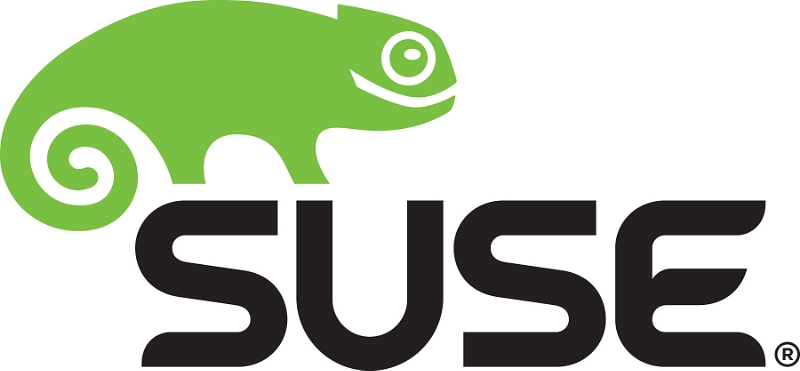
Like many other companies, SUSE has decided Kubernetes is the future of container orchestration. At SUSECon in Prague, the oldest Linux company announced the release of SUSE CaaS [Container-as-a-Service] Platform 2, its Kubernetes-based CaaS container management program for Infrastructure-as-a-Service (IaaS) clouds and SUSE Cloud Application Platform (SCAP) for its Cloud Foundry Platform-as-a-Service (PaaS).
Both are designed to enable IT and DevOps professionals to more easily deploy, manage and scale container-based applications and services. This means enterprises can reduce application delivery cycle times.
SUSE CaaS Platform 2 adds powerful tools to simplify large-scale application deployment, incorporates an updated release of Kubernetes, and streamlines public cloud container orchestration.
Specifically this release includes:
- Simplified deployment and ongoing management of large-scale applications with Helm. This open-source program helps Kubernetes users find and deploy popular software programs. These programs are packaged as charts, share their own applications as Helm charts, create reproducible builds of Kubernetes applications, intelligently manage Kubernetes manifest files, and manage releases of Helm packages.
- Enhanced security, performance, extensibility and hardware support with Kubernetes v1.7 and updated SUSE MicroOS, based on the latest SUSE Linux Enterprise Server (SLES). MicroOS is SUSE’s container-specific operating system.
- Streamlined accessibility on public clouds with pre-defined SUSE CaaS Platform deployment configurations. These will be available on Amazon Web Services (AWS), Microsoft Azure, and Google Cloud Platform. Customers can choose SUSE CaaS Platform from the service catalog and get a running instance of the platform on public cloud infrastructure with no manual installation. This works well for platform evaluations; proof-of-concept implementations; ISV software certification; or full-scale, public cloud deployments.
